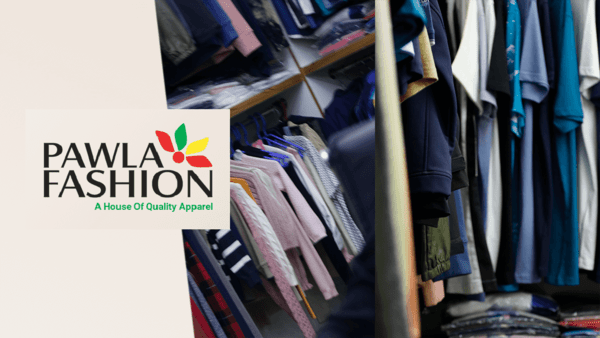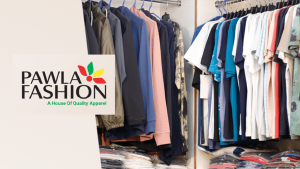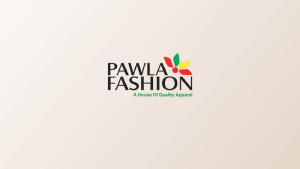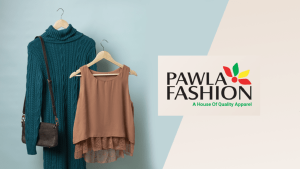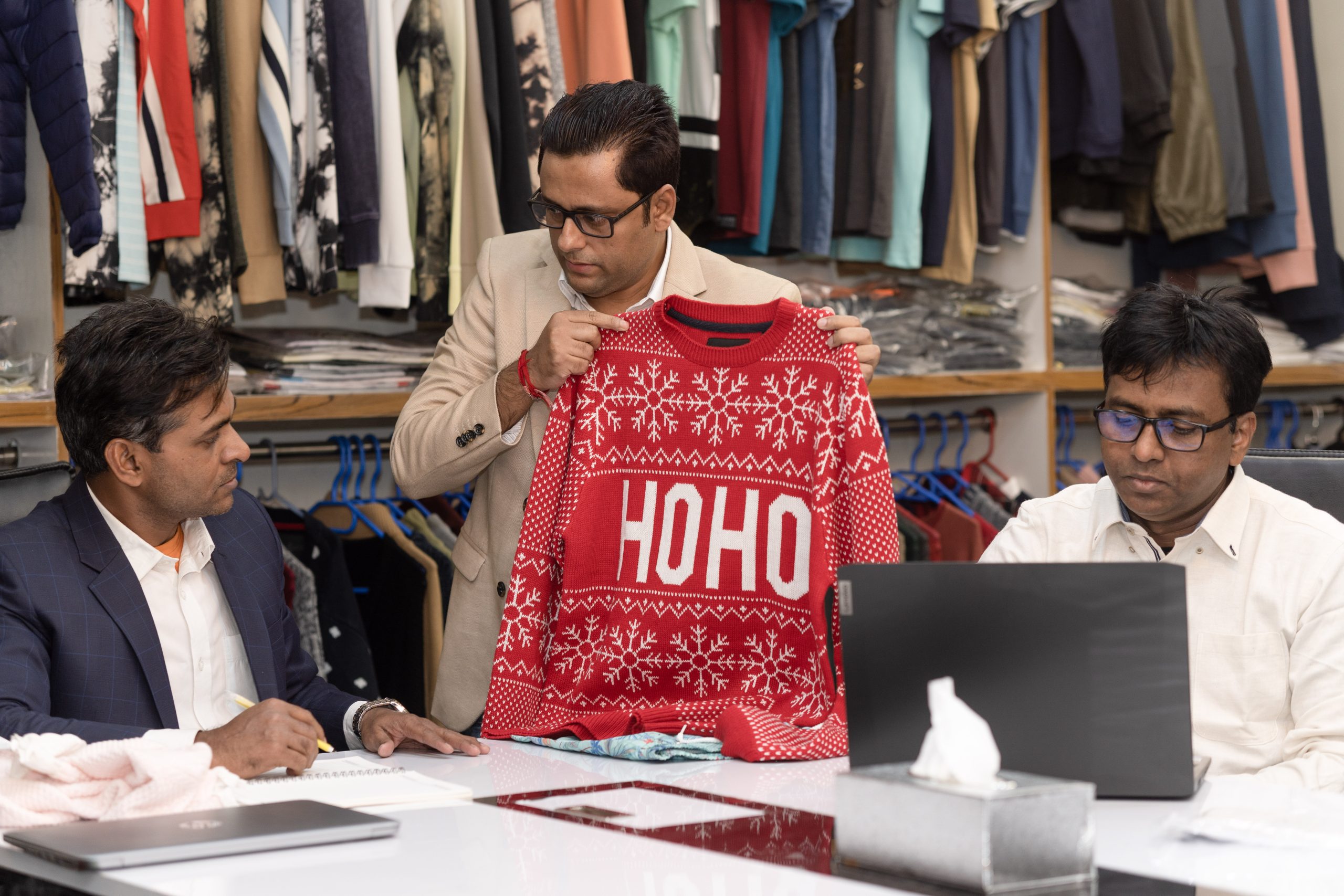Why Pawla Fashion is a fast-growing apparel buying & sourcing house in Bangladesh
- Connect international buyers with local garment manufacturers.
- Find and select the best suppliers based on buyer needs.
- Negotiate prices, payment terms, and delivery schedules.
- Ensure product quality through inspections and quality control.
- Manage orders from start to finish, ensuring timely delivery.
- Make sure manufacturers follow labor laws and environmental rules.
- Handle logistics and shipping for cost-effective delivery.
- Bangladesh is a top destination due to low labor costs and skilled workers.
- Sustainable practices and ethical sourcing are key focuses.
- Pawla Fashion is a leading example of a successful buying & sourcing house in Bangladesh.
Step into the world of Pawla Fashion, where style meets quality in the heart of Bangladesh. As a fast-growing apparel buying and sourcing hous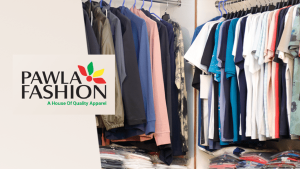 e, we are dedicated to bringing you the latest trends and designs from the most talented creators in the industry. Join us on this exciting journey as we redefine fashion one piece at a time.
e, we are dedicated to bringing you the latest trends and designs from the most talented creators in the industry. Join us on this exciting journey as we redefine fashion one piece at a time.
Introduction: The apparel industry is one of the most significant sectors of the global economy, with Bangladesh being a major player. Known for its high-quality garments and competitive pricing, Bangladesh has become a go-to destination for many international brands and retailers. At the heart of this thriving industry are the apparel buying and sourcing houses that play a crucial role in connecting buyers with manufacturers. One such prominent example is Pawla Fashion, a leading apparel buying and sourcing house in Bangladesh. This article will delve into the intricacies of apparel buying and sourcing houses, highlighting their functions, importance, and the role of Pawla Fashion in this dynamic industry.
The Role of Apparel Buying & Sourcing Houses: Apparel buying and sourcing houses act as intermediaries between international buyers and local manufacturers. Their primary responsibilities include:
Supplier Identification and Selection: Apparel buying and sourcing houses play a crucial role in identifying potential suppliers based on the specific requirements of buyers. This process involves a thorough evaluation of various factors such as product type, quality standards, pricing, and delivery timelines. By understanding the buyer’s needs, these houses can pinpoint suppliers who can meet or exceed expectations. This includes assessing the supplier’s manufacturing capabilities, past performance, and compliance with ethical and environmental standards. Effective supplier identification and selection ensure that buyers receive high-quality products at competitive prices, delivered within the agreed timeframes, fostering successful and long-term business relationships.
Negotiation: Apparel buying and sourcing houses are adept at negotiating terms of trade to secure the best possible deals for buyers. This involves discussing and finalizing pricing, payment terms, and delivery schedules with suppliers. Skilled negotiators ensure that the prices are competitive while maintaining the desired quality standards. They also establish favorable payment terms that align with the buyer’s financial policies. Additionally, they coordinate delivery schedules to meet the buyer’s timelines, minimizing delays and disruptions. Through effective negotiation, sourcing houses helps buyers achieve cost savings, timely deliveries, and optimal value, strengthening the overall supply chain relationship.
Quality Control: Apparel buying and sourcing houses play a vital role in maintaining high product standards through stringent quality control measures and inspections. They implement a multi-tiered approach to quality assurance, starting with the initial selection of suppliers who meet stringent criteria. Throughout the production process, these houses conduct regular inspections at various stages, including raw material inspection, in-line production checks, and final product evaluation. They use standardized testing protocols to assess factors such as fabric durability, colorfastness, stitching accuracy, and overall craftsmanship. Quality control teams are often stationed on-site to monitor production and ensure adherence to specifications. Any deviations or defects are immediately addressed, with corrective actions taken to prevent recurrence. Additionally, these houses often employ third-party testing services to provide an unbiased assessment of product quality. By maintaining rigorous quality control practices, apparel buying, and sourcing houses ensure that the final products not only meet but often exceed the buyer’s expectations, thus fostering trust and long-term business relationships.
Order Management: They manage the entire order process, from placing orders to tracking production and ensuring timely delivery.
Compliance and Sustainability: Apparel buying and sourcing houses enforce strict adherence to international labor laws and environmental regulations among manufacturers. They verify that suppliers uphold ethical labor practices, including fair wages and safe working conditions. Additionally, these houses advocate for sustainable manufacturing processes, encouraging the use of eco-friendly materials and minimizing environmental impact. By promoting compliance and sustainability, they contribute to a responsible supply chain that benefits workers, communities, and the environment alike.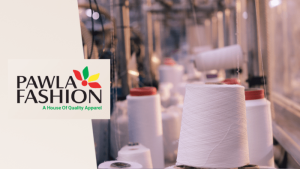
Logistics and Shipping: They coordinate logistics and shipping, ensuring that the goods reach the buyer in a timely and cost-effective manner.
The Apparel Industry in Bangladesh: Bangladesh is the second-largest apparel exporter in the world, following China. The country’s apparel industry is a vital part of its economy, employing millions and contributing significantly to its GDP. The reasons behind Bangladesh’s success in this industry include:
Cost-Effective Labor: Bangladesh offers one of the most cost-effective labor markets, which helps keep production costs low.
Skilled Workforce: The country has a large pool of skilled workers who are adept at producing high-quality garments.
Favorable Trade Policies: Bangladesh benefits from various trade agreements and preferential tariffs, making its products more competitive in the global market.
Infrastructure: Over the years, Bangladesh has developed a robust infrastructure to support its apparel industry, including ports, transportation networks, and industrial zones.
Pawla Fashion: A Leading Apparel Buying & Sourcing House: Pawla Fashion stands out as a premier apparel buying and sourcing house in Bangladesh. With years of experience and a strong network of suppliers, Pawla Fashion has earned a reputation for excellence. Here’s a closer look at what makes Pawla Fashion a leader in the industry:
History and Background: Founded with a vision to bridge the gap between international buyers and Bangladeshi manufacturers, Pawla Fashion has grown into a trusted name in the apparel industry. The company’s commitment to quality, ethical practices, and customer satisfaction has been the cornerstone of its success.
Services Offered: Pawla Fashion offers a comprehensive range of services that cover every aspect of the apparel sourcing process.
Product Development: Pawla Fashion excels in product development by collaborating closely with buyers to conceptualize and create garments that align with their exact specifications and market demands. Through in-depth consultations and market analysis, Pawla Fashion identifies trends, materials, and design elements that resonate with target audiences. Their expertise in sourcing and manufacturing ensures that prototypes and samples meet rigorous quality standards before proceeding to full-scale production. By prioritizing buyer input and leveraging industry insights, Pawla Fashion consistently delivers innovative and market-ready apparel solutions that exceed expectations and drive customer satisfaction in the competitive global marketplace.
Supplier Evaluation and Selection: Pawla Fashion maintains a rigorous supplier evaluation process to secure partnerships with top-tier manufacturers. This meticulous approach begins with comprehensive assessments of potential suppliers, considering factors such as production capacity, quality control measures, adherence to ethical standards, and environmental practices. The evaluation also scrutinizes past performance, reliability in meeting deadlines, and financial stability to mitigate supply chain risks.
Through site visits, audits, and interviews, Pawla Fashion verifies manufacturing capabilities and assesses the suitability of suppliers to meet specific project requirements. They prioritize transparency and accountability, ensuring that all selected partners align with their commitment to ethical sourcing and sustainable practices. By fostering strong relationships with vetted suppliers, Pawla Fashion enhances operational efficiency and product quality consistency. This strategic supplier selection process not only supports their ability to deliver exceptional products but also strengthens their reputation as a trusted leader in the apparel sourcing industry.
Quality Assurance: Pawla Fashion maintains a dedicated quality control team committed to upholding stringent standards throughout the production process. This team conducts meticulous inspections at critical stages, including raw materials procurement, in-line production, and final product assembly. They adhere to industry best practices and international quality standards to ensure consistency and reliability in every garment.
The quality control process begins with detailed specifications provided by the buyer, which serve as benchmarks for inspection criteria. Pawla Fashion’s inspectors meticulously evaluate factors such as fabric quality, stitching precision, color consistency, and overall workmanship to identify any deviations from approved standards. Any issues or defects discovered during inspections prompt immediate corrective actions, ensuring that only products meeting the specified criteria proceed to packaging and shipment.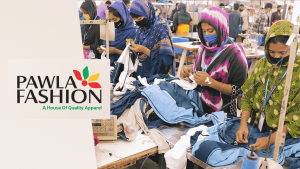
By prioritizing quality assurance, Pawla Fashion not only safeguards the integrity of each garment but also maintains customer trust and satisfaction. Their commitment to excellence and continuous improvement in quality control practices reinforces their position as a leader in the apparel buying and sourcing industry.
Compliance Monitoring: Pawla Fashion maintains rigorous compliance monitoring to ensure that all its suppliers adhere to stringent international labor laws and environmental regulations. They conduct regular audits and assessments to verify compliance with ethical labor practices, including fair wages, safe working conditions, and prohibition of child labor. Additionally, Pawla Fashion emphasizes environmental responsibility by encouraging suppliers to adopt sustainable manufacturing practices, reduce carbon footprints, and minimize waste generation. By promoting ethical standards and environmental stewardship across its supply chain, Pawla Fashion demonstrates its commitment to social responsibility and sustainable business practices, contributing to a more equitable and environmentally conscious global apparel industry.
Logistics and Supply Chain Management: Pawla Fashion excels in managing comprehensive logistics and supply chain operations, ensuring seamless and efficient delivery of goods to their global clientele. From coordinating transportation and customs clearance to optimizing inventory management and distribution, Pawla Fashion employs strategic planning and robust logistical frameworks. They prioritize timely delivery, cost-effectiveness, and reliability, leveraging their extensive network and logistics expertise to overcome potential challenges and meet client expectations. By maintaining stringent quality control throughout the supply chain and embracing innovative logistics solutions, Pawla Fashion enhances operational efficiency and customer satisfaction, solidifying their reputation as a trusted leader in apparel sourcing and distribution.
Case Studies and Success Stories: Pawla Fashion has a portfolio of successful projects that highlight its expertise and commitment to excellence. Some of the notable success stories include:
Partnership with Global Brands: Pawla Fashion has successfully partnered with several global brands, helping them source high-quality garments from Bangladesh.
Innovation in Product Development: The company has been at the forefront of innovation, developing new products that meet the evolving needs of the market.
Sustainable Initiatives: Pawla Fashion has implemented several sustainable initiatives, such as reducing waste and promoting the use of eco-friendly materials.
The future of apparel buying and sourcing houses looks promising, with several trends shaping the industry:
Digital Transformation: The apparel sourcing process is undergoing a profound transformation through the adoption of digital technologies like AI and blockchain. These innovations streamline operations by enhancing efficiency and transparency. Artificial intelligence optimizes demand forecasting, production planning, and supplier selection, improving accuracy and reducing lead times. Blockchain ensures transparency by securely recording every transaction and process step, from raw material sourcing to final delivery. This technology enhances supply chain traceability and authenticity, mitigating risks such as counterfeiting and unauthorized production. Overall, digital transformation empowers apparel buying and sourcing houses to operate more effectively in a rapidly evolving market, delivering greater value to buyers and suppliers alike
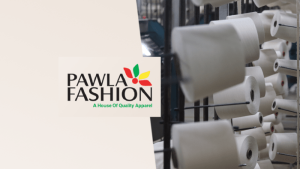 Sustainability: In response to increasing consumer awareness, there is a rising demand for eco-friendly products and sustainable practices in the apparel industry. Buyers prioritize suppliers and sourcing houses that demonstrate commitment to environmental responsibility. This includes using organic materials, reducing carbon footprints, and implementing ethical labor practices. Apparel buying and sourcing houses play a crucial role in meeting these expectations by partnering with manufacturers that uphold sustainable standards, fostering a more environmentally conscious supply chain.
Sustainability: In response to increasing consumer awareness, there is a rising demand for eco-friendly products and sustainable practices in the apparel industry. Buyers prioritize suppliers and sourcing houses that demonstrate commitment to environmental responsibility. This includes using organic materials, reducing carbon footprints, and implementing ethical labor practices. Apparel buying and sourcing houses play a crucial role in meeting these expectations by partnering with manufacturers that uphold sustainable standards, fostering a more environmentally conscious supply chain.
Customization: There is a growing trend towards customized apparel products, driven by consumer preferences for unique and personalized items. Apparel buying houses are responding by expanding their capabilities to accommodate custom orders. They work closely with buyers to understand specific design preferences, sizing requirements, and branding details. This collaboration allows for the creation of tailored solutions that meet individual customer needs while maintaining quality and cost-efficiency. By embracing customization, buying houses enhances their market competitiveness and caters to a diverse range of consumer tastes, ensuring satisfaction and loyalty among their clientele.
Market Diversification: Although Bangladesh continues to be a major hub for apparel sourcing, buyers are increasingly exploring emerging markets to diversify their supply chains and mitigate risks. Countries like Vietnam, Cambodia, and Ethiopia are gaining traction due to competitive pricing, skilled labor, and favorable trade policies, offering alternative sourcing opportunities for apparel buyers
The importance of supporting ethical and sustainable fashion brands like Pawla Fashion cannot be emphasized enough. By doing so, we are not only making a positive impact on the lives of workers and the environment but also setting an example for others to follow suit. So let’s make conscious choices when it comes to our fashion purchases and support brands that prioritize ethics and sustainability.
